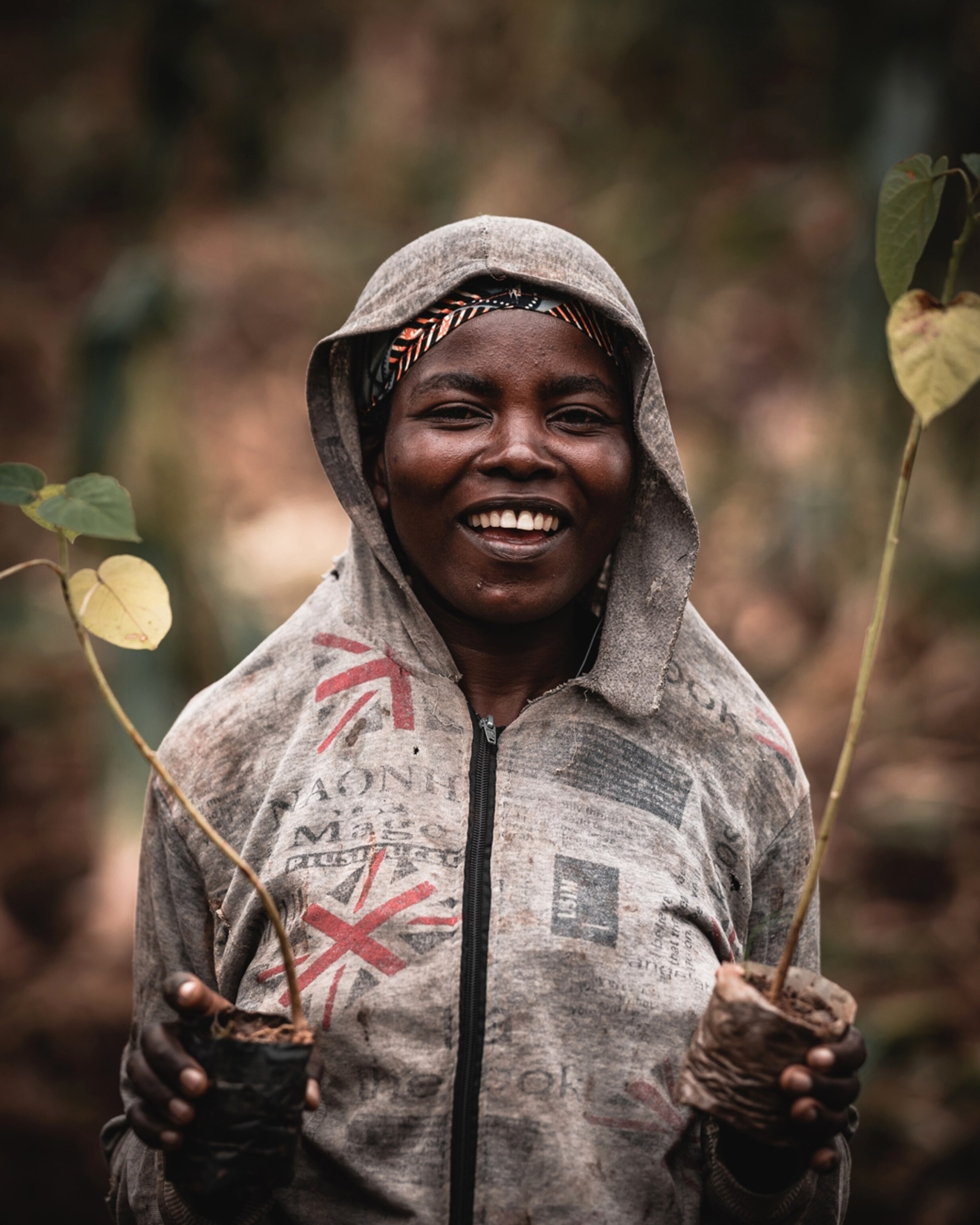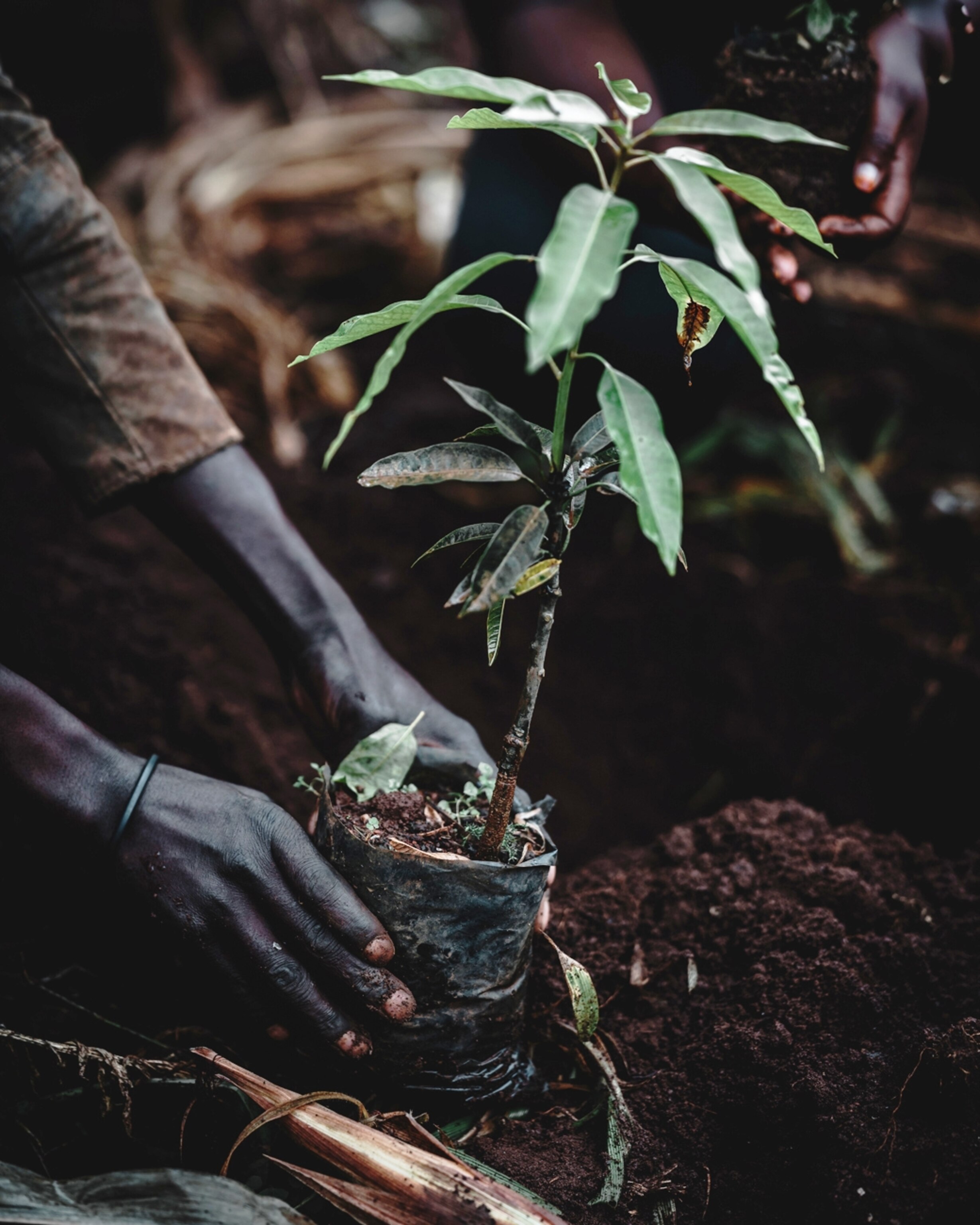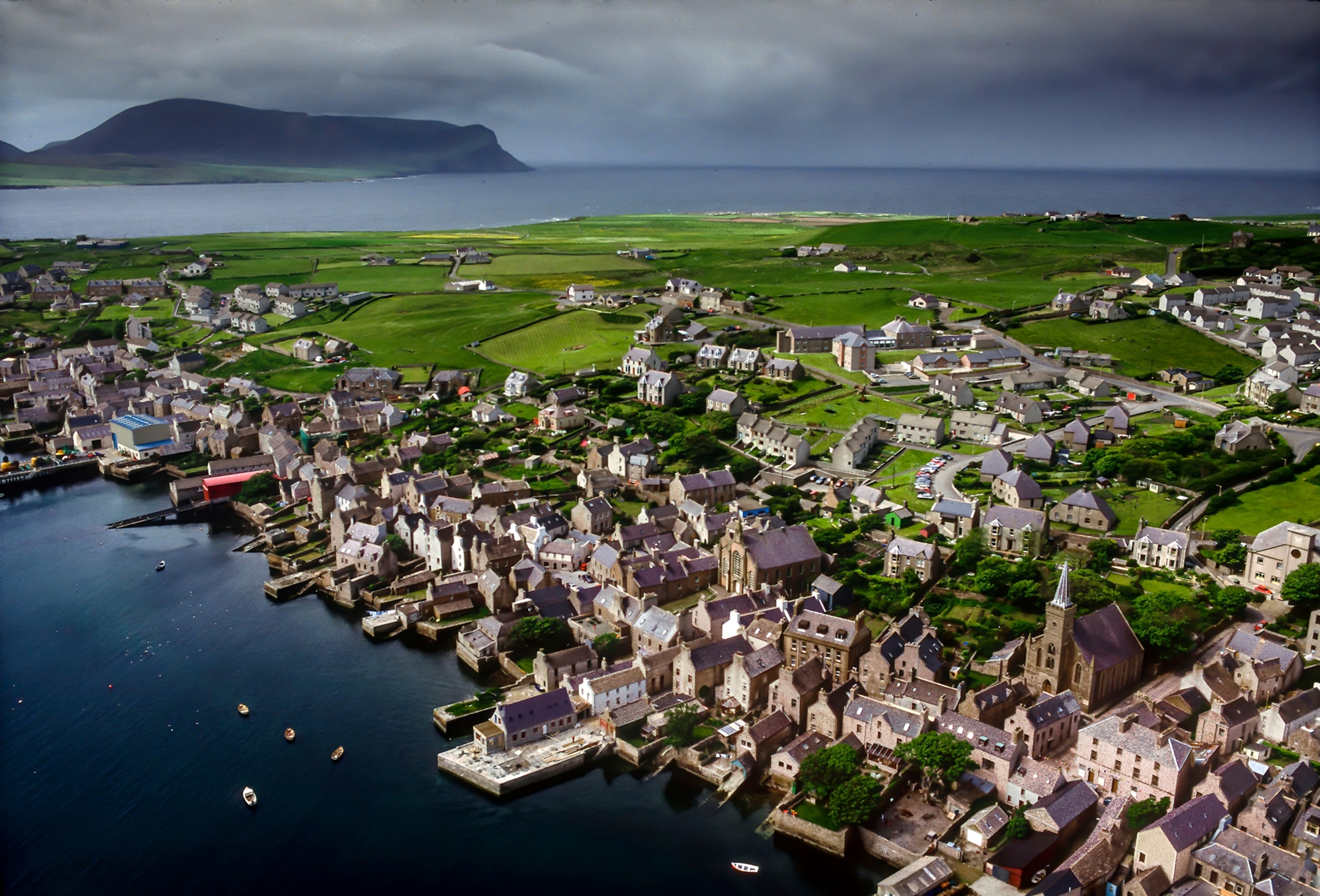Exactly how is New Zealand, a country that appears to have eliminated the coronavirus, changing its tourism strategy? What is Airbnb doing to ensure cleanliness in its properties? And what’s up with AirAsia’s new uniforms?
This week we answer these questions and more to help travelers navigate our changing world. As some countries in Europe take tentative steps toward limited reopenings, other nations are clamping down. The European Union’s estimated 2.3 million tourism businesses (which employ more than 12 million people) are looking for ways to save the industry’s summer season. But other regions are in retreat; on Monday, Argentina banned all ticket sales for commercial flights until September 1.
Travel news is flying fast despite all the disruption, and there are still ways to feed our wanderlust, inspire future journeys, and contribute to global conservation. Here are some ideas you can take action on now.
Get your daily Scotland fix
There’s something about Scotland that soothes the soul. “It wasn’t long into the onslaught of the COVID-19 lockdowns before I could see that dire news was going to be a constant part of everyday life,” says globetrotting Nat Geo photographer Jim Richardson, “and hence any bit of relief might be welcome.”
In his fan-driven daily Instagram series, Richardson solicits readers for Scottish places they have visited—or want to visit—and then posts an evocative image drawn from his decades of documenting the country from the Highlands to the islands. Each picture assures a vicarious trip to a place that is “romantic in a real way, not fantasy,” as Richardson says. “I think that what I’m offering in the Scotland Fix of the Day is a connection with that nebulous sense that the world still has its wonders.”
Farm for the future in Rwanda
To help relieve food insecurity in Rwanda, the nonprofit group Humanity Unified worked with local NGOs to plant the country’s first “food forest” in January. Part of a five-acre organic farm located behind the University Teaching Hospital of Butare, the food forest nourishes hospitalized women and children, along with their caretakers. But there’s a long-term goal, too.


“If you mimic the wild forest model, you can essentially create an edible garden paradise that requires much less upkeep than the traditional farm model,” says Humanity Unified cofounder Maria Russo. “I hope it sparks a movement towards sustainable farming, both country- and continent-wide, that can help transform a broken food system.”
The farm features 120 fruit-producing trees along with a range of vegetables and medicinal plants. Once the coronavirus lockdown is lifted, a community outreach program will begin training 44 locals on the hows and whys of organic gardening and agroforestry that sustain people and the planet. Want to help? Here’s where you can fund the purchase of compost, trees, and more.
Learn how Airbnbs will change
Airbnb normalized the notion of sleeping in stranger’s beds. But in our new world of social distancing, what will be the peer-to-peer juggernaut’s next move? For starters, a deep clean. Airbnb’s newest must-have amenity is a commitment to the new Enhanced Cleaning Initiative, developed with guidance from Dr. Vivek Murthy, former U.S. surgeon general.
When the pioneering protocol launches in the U.S. in May, travelers can see and select properties that have enrolled in the voluntary program, which outlines step-by-step instructions and mandates the use of masks and gloves, approved disinfectants, and a 24-hour waiting period after each guest has checked out. In the meantime, Airbnb’s new online experiences offer an antidote to quarantine fatigue. Log onto Zoom and sail the virtual seas with an Olympian, whip up curry with a third-generation Cape Malay cook, or meditate with a Japanese Buddhist monk.
See how New Zealand is retooling tourism
On April 27 New Zealand Prime Minister Jacinda Ardern announced that coronavirus had been “eliminated” in the small country of 4.9 million people following one of the world’s strictest lockdowns. As Kiwis adjust to the first week of relaxed restrictions, the world is now waiting to see if the nation’s post-pandemic tourism strategy may emerge as a similarly inspiring model.
Tasked by Tourism Minister Kelvin Davis to lead work “reimagining” how tourism operates in a post-pandemic New Zealand, the nation’s tourism board has seized the opportunity to redefine what sustainable tourism means for New Zealand—where more than eight percent of the population is employed by the tourism industry.
“One thing that is clear as a result of our conversations … is the desire to create an industry that gives back more than it takes,” says New Zealand Tourism chief executive Stephen England-Hall.
Minister Davis has already flagged a review of the investment plan for the international tourism levy introduced last year (and expected to raise more than 50 million dollars annually), with more announcements to come.
Give bees a boost in Asheville and Seattle
During the winter of 2018–19, the U.S. lost 40 percent of its honeybees, the latest sting following more than a decade of decline. In the quest to save these vital pollinators—annually, some $15 billion worth of U.S. crops depend on them—some places soar above the rest. Asheville, North Carolina, became the first Bee City USA in 2012, with everything from dedicated pollinator habitats at churches and breweries to a pair of raw honey tasting bars downtown (operating an online storefront until COVID-19 restrictions are lifted).

In Seattle—the largest of the 104 cities now in the conservation program—winged invertebrates beeline for the mile-long “pollinator pathway” plus honeybee hives at the international airport. “Anyone with a yard, garden, or even flower pots on a balcony can plant native flowering species to help support native pollinators,” says Bee City USA coordinator Molly Martin. There’s no green thumb required to become a citizen scientist; help track North America’s bumblebees by uploading snapshots of sightings to BumbleBeeWatch.org.
Vote for sloths and pangolins?
Lions, leopards, elephants, rhinos, and Cape buffalo have long been the A-listers of the African savanna, with safari-goers tracking their moves like paparazzi. British wildlife photojournalist Graeme Green aims to redefine what it means to “shoot the big five”—while inviting everyone to help choose which animals earn that coveted status.
His New Big 5 initiative brings together more than a hundred of the world’s top photographers and conservationists to celebrate and raise awareness for global wildlife. Since launching last week, more than 10,000 votes have been cast worldwide, from Syria to Bhutan, on a lineup of 46 land creatures great and small—lions and tigers, Komodo dragons and grizzly bears, sloths and even pangolins.
“Most of our favorite animals are facing huge risks, whether poaching or deforestation,” Green says. “People from all over the world are asking how they can get involved. This project is about harnessing that energy.” Visit the New Big 5 website to vote for your five picks; check out podcasts, photographs, and interviews with such luminaries as Jane Goodall and Steve McCurry; and stay tuned for the results this fall. Bonus for parents and their animal-obsessed kids: a free, 18-page educational download.
Feed your mind with design
In an ordinary spring, art and architecture lovers would be event-hopping between happenings such as Milan Design Week, London Craft Week, and gallery openings from Amsterdam to New York City. Though coronavirus has stilled such real-life gatherings, Dezeen magazine’s new Virtual Design Festival (VDF) brings a trove of architecture, exhibits, and events online through June 20. Fresh content pops up daily, like a May 6 video interview with Amsterdam fashion designer Iris van Herpen; an ongoing online showcase of new British furniture and wallpaper (check out the unexpectedly glam cannabis print!); and a May 9 live-stream tour of a new environmental art exhibit at Schloss Hollenegg, an Austrian palace.
“I don’t think the Internet is ready to threaten real-world events just yet, but an online festival does have advantages. I don’t miss all the air travel, the expense, and the queues for taxis,” says Dezeen founder and editor-in-chief Marcus Fairs.
Just landed: Travel news
- Novel word alert: Bourbonism (noun): An obsession with the classic corn-based Kentucky whiskey. Louisville’s Bourbon District is marketing itself as the birthplace of Bourbonism and is pitching a post-quarantine walkable tasting tour of corn-based and rye spirits from seven distilleries (we’re planning a date with you, Angel’s Envy).
- Safety first: In the mid 20th-century, passengers wore their Sunday best onboard airplanes, and flight attendants donned haute designer uniforms. But in-flight fashion in the coronavirus era may look radically different: JetBlue just announced that, beginning May 4, all passengers will be required to wear a face covering during travel. “This is the new flying etiquette,” president and CEO Joanna Geraghty said in a released statement. And low-cost Malaysian airline AirAsia just unveiled a new cabin crew uniform comprised of a HAZMAT-like red jumpsuit, gloves, and a face shield.
- Arctic visits with VR: Make a cool quarantine escape to Sweden for dog sledding, snowmobiling, and a stroll through the Ice Hotel. Don’t forget to see all sides during these 360 tours with Virtually Visiting. Coming soon: a balloon flight over the tundra and a visit to Arctic Bath, a new floating hotel and spa.
